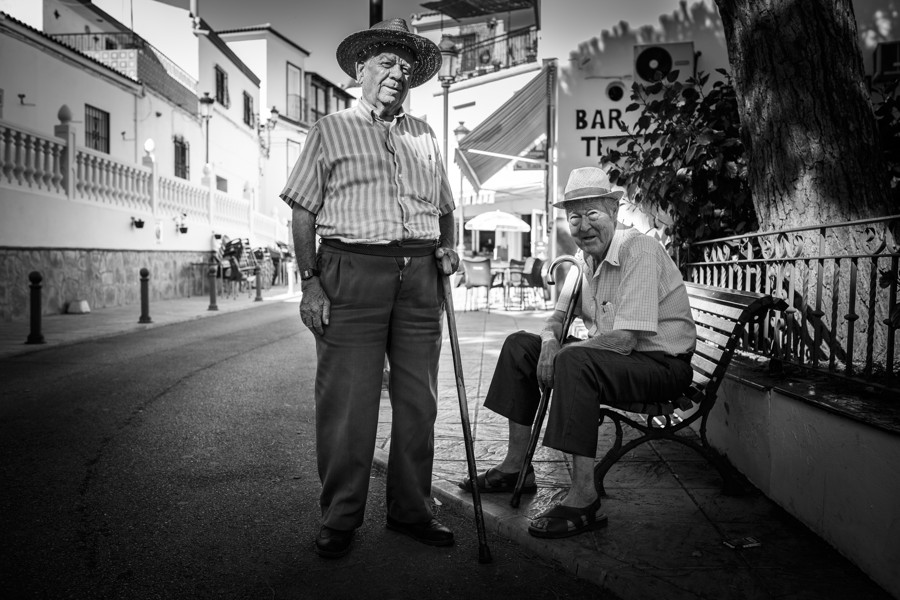By all accounts the recently deceased was a pretty cranky old dude. Even his life-long best friend, my client, the sole beneficiary and executor of the old guy’s last will and testament, had to acknowledge that fact. But then, even by his own admission, they both were. They were cut from the same cloth, no-nonsense old-school Aussie battlers, raised on Struggle Street. Hard men of a by-gone era with little time for tears or new age sensibilities, who had grown into lonely, curmudgeonly old codgers. But they were two grumpy old men who happily endured each other’s inhospitable habits. So it’s probably unsurprising that, years earlier, when the old guy’s family had finally had enough of his gruff, uncompromising ways, he was left only with his old mate from the old days for solace and support. It was a two-way street. Neither had made much time for friendships or relationships; they were too busy just getting on with life.
Photo by Wiebrig Krakau, Unsplash
And when the bitter end eventually came along, as it inevitably will, my client had staunchly stuck by his old mate. Through his final years, he helped him cope with his declining health, drove him to his hospital appointments, and looked after his affairs. It wasn’t easy, but then there was no one else around to do it. In life we all reap what we sow, and the old guy’s estranged family were now long gone from the scene. Even when his best mate phoned them to say the old man was in hospital, about to draw his final breath, there didn’t seem to be a lot of interest. So when he finally passed away it should not have come as much of a surprise to learn he’d left his every worldly asset to his only lasting friend. What was surprising was, although it was no king’s ransom, all up it was valued at several hundred thousand dollars. And then came the most surprising turn of all. Out of the blue, his eldest son turned up, announcing he had rushed to the hospital in the final moments before his father passed away and, although there were no witnesses, he and his father had reconciled just before the old man shuffled off this mortal coil. In the circumstances, the prodigal son asserted, notwithstanding what the last will and testament provided he, and not my client, was entitled to all the money.
It was undoubtedly a most fortuitous reconciliation given that, on all accounts, the son had not seen or spoken to his father in well over a decade and professed nothing but disdain for him. So I contacted the deceased’s youngest son to see if there was more to the story. As it turned out the younger son was brutally candid, confirming a deeply acrimonious relationship between his father and his older brother and, for his own part, adamantly eschewing any interest in the deceased’s estate. As far as he was concerned, his brother had never cared for the old man, had nothing but contempt for him, and had never wanted any part of him. Now all he wanted was the money.
Who knew the truth of it, but this was clearly a sad family story whichever way you looked at it. Money can have a powerful effect on people; it can break deep bonds, and sometimes it can miraculously patch them up. But by the time my client, the executor, plonked the problem on my desk, he too had been recently diagnosed with cancer, and the prognosis was not looking good. He had little money to his name, and even less appetite for waging wars over broken family ties, and dredging over old regrets.
The son’s grab for the estate was tenuous at best, an ambit claim that smacked of opportunism, to be fought out by lawyers unearthing past ghosts while charging by the hour. No one wanted that, least of all my client, who was on the wrong side of father time. He was content to get enough to see him through, and could only hope that maybe, in a moment of rare clarity, his old mate really may have managed a miraculous reconciliation with his son. In the end the executor and the prodigal son reached a mutually acceptable settlement, and each got what they needed.
Life is full of compromises.













